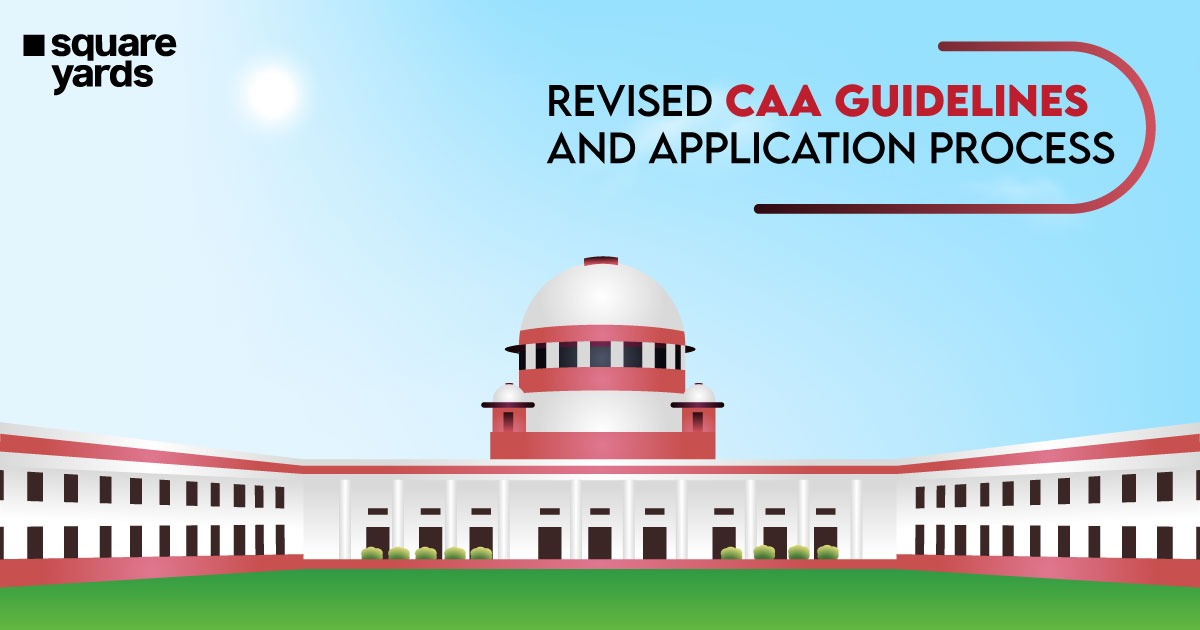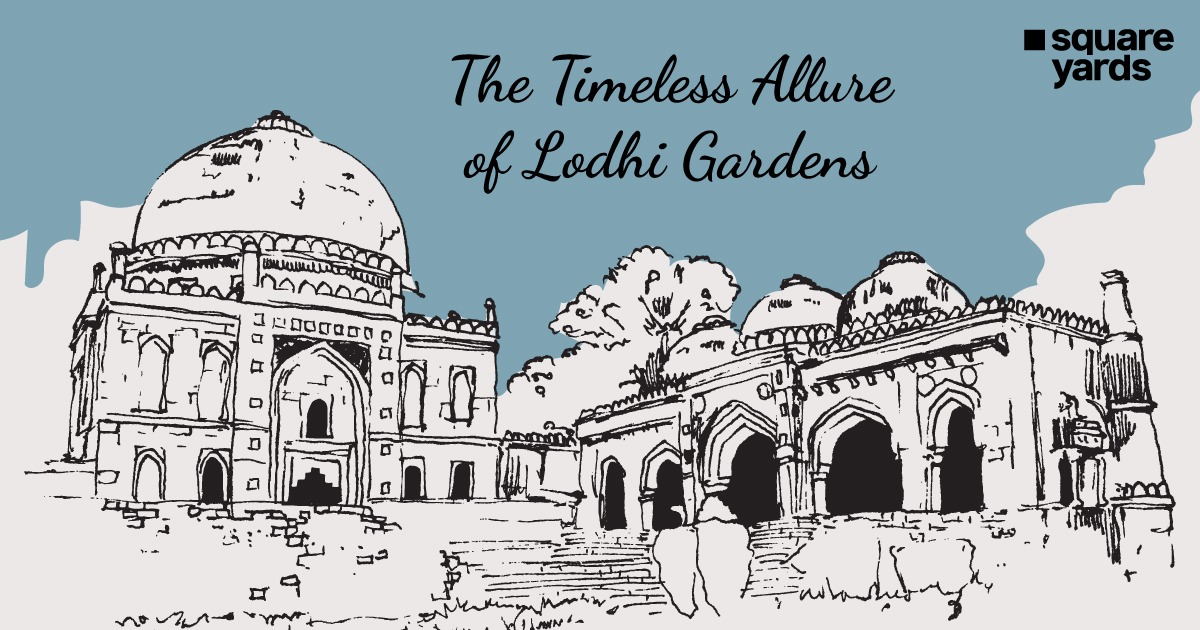On Monday, March 11, 2024, Just before the 2024 Lok Sabha elections, the Union Government announced the implementation details for the Citizenship Amendment Act (CAA) of 2019. This legislation provides a pathway for expedited Indian citizenship to six minority groups from Pakistan, Afghanistan, and Bangladesh. The government’s declaration emphasised the intention behind the act to facilitate the resettlement of the persecuted minorities who have endured prolonged hardships.
The Home Ministry has introduced a dedicated online portal for those seeking to apply for Indian citizenship through the Citizenship Amendment Act (CAA).
You can access the official website at indian citizenship.
Eligibility Criteria
The act grants eligibility for Indian citizenship to individuals from six specified religious minorities. Those are Hindus, Sikhs, Buddhists, Jains, Parsis, and Christians. Some specific rules are listed below:-
- The applicant must be a citizen of Pakistan, Afghanistan, or Bangladesh.
- The individual must have entered India on or before December 31, 2014.
- Applicants of Indian origin, who have been residing in India for seven years prior to applying, are eligible. A person is considered of Indian origin if they or their parents were born in undivided India or territories that became part of India post-August 15, 1947.
- The individual must have lived in India for the 12 months immediately preceding the application and for six years out of the eight years prior to that 12-month period.
- The applicant is required to have sufficient knowledge of any Indian language listed in the Eighth Schedule to the Constitution.
List of Important Documents to Keep Ready
The following specialised documents and declarations are essential:-
- Two Affidavits: One confirms the truthfulness of the application details, and another is from an Indian citizen vouching for the applicant’s character.
- Language Proficiency Declaration: A declaration by the applicant demonstrating proficiency in one of the languages listed in the Eighth Schedule of the Constitution. Proficiency is determined if the applicant can speak, read, or write in the chosen language.
- Character Affidavit: Another affidavit is required from an Indian citizen who can attest to the good character of the applicant, adding a layer of verification to the application process.
Other key documents are:-
- Passport: If you have one, a copy of your foreign passport, even if it’s expired.
- Residential Permit: A copy of your residential permit, if you have one, even if it’s expired.
- Parents’ Birth Details: Provide documents showing when and where your parents were born, like their passports or birth certificates that include their details.
What is the Process of Application Submission?
Under section 6B of the Citizenship Act, 1955, individuals seeking registration or naturalisation must follow the following process:-
- Submit the Application
You’ll need to submit your application online. This is done by sending your application for registration or acceptance under section 6B to the Empowered Committee. This committee is reachable through the District Level Committee, which the Central Government appoints for your area. Ensure your application is in electronic form and follows government guidelines.
- Renunciation Declaration
Each application must contain a statement from the applicant formally giving up the citizenship of their current nation, making it a final and non-reversible action.
- Acknowledgement of Submission
Once you submit your application, you’ll automatically receive an electronic acknowledgement, known as Form IX. This serves as confirmation that your application has been received.
- Document Verification
After you submit your application, the next step is document verification. A Designated Officer leads this process. They will carefully check all the documents you’ve sent and your application to ensure everything is in order.
- Oath Of Allegiance
After verifying your documents, the next step involves taking an Oath of Allegiance. The Designated Officer will administer this oath, as outlined in the Second Schedule of the Citizenship Act of 1955. Once you’ve taken the oath, the officer will confirm that your documents have been verified and then forward this confirmation, along with your oath, in electronic form to the Empowered Committee.
- Refusal Consideration
Suppose an applicant doesn’t show up in person for the required procedures, despite being given fair chances. In that case, the District Level Committee can send their application to the Empowered Committee to potentially deny it.
- Granting Citizenship
The final decision rests with the Empowered Committee, which will assess the applicant’s suitability through necessary inquiries. If the committee determines that the applicant meets all criteria and is deemed fit for registration or naturalisation, then citizenship of India may be granted.
Application to Approval
The Citizenship Amendment Act (CAA) has undergone significant changes. The amendments exempt tribal areas in Assam, Meghalaya, Tripura, and Mizoram, designated under the Constitution’s Sixth Schedule. The requirement for valid passports and residential permits from Pakistan, Bangladesh, or Afghanistan has also been significantly relaxed. Various documents, including birth certificates, educational certificates, identity documents, licences, land records, or any document proving the citizenship of these countries, are now acceptable.
The CAA 2019’s updated rules mark a significant shift in India’s approach to citizenship for persecuted minorities from neighbouring countries. This is a step towards providing refuge and recognising the hardships faced by these groups.






















